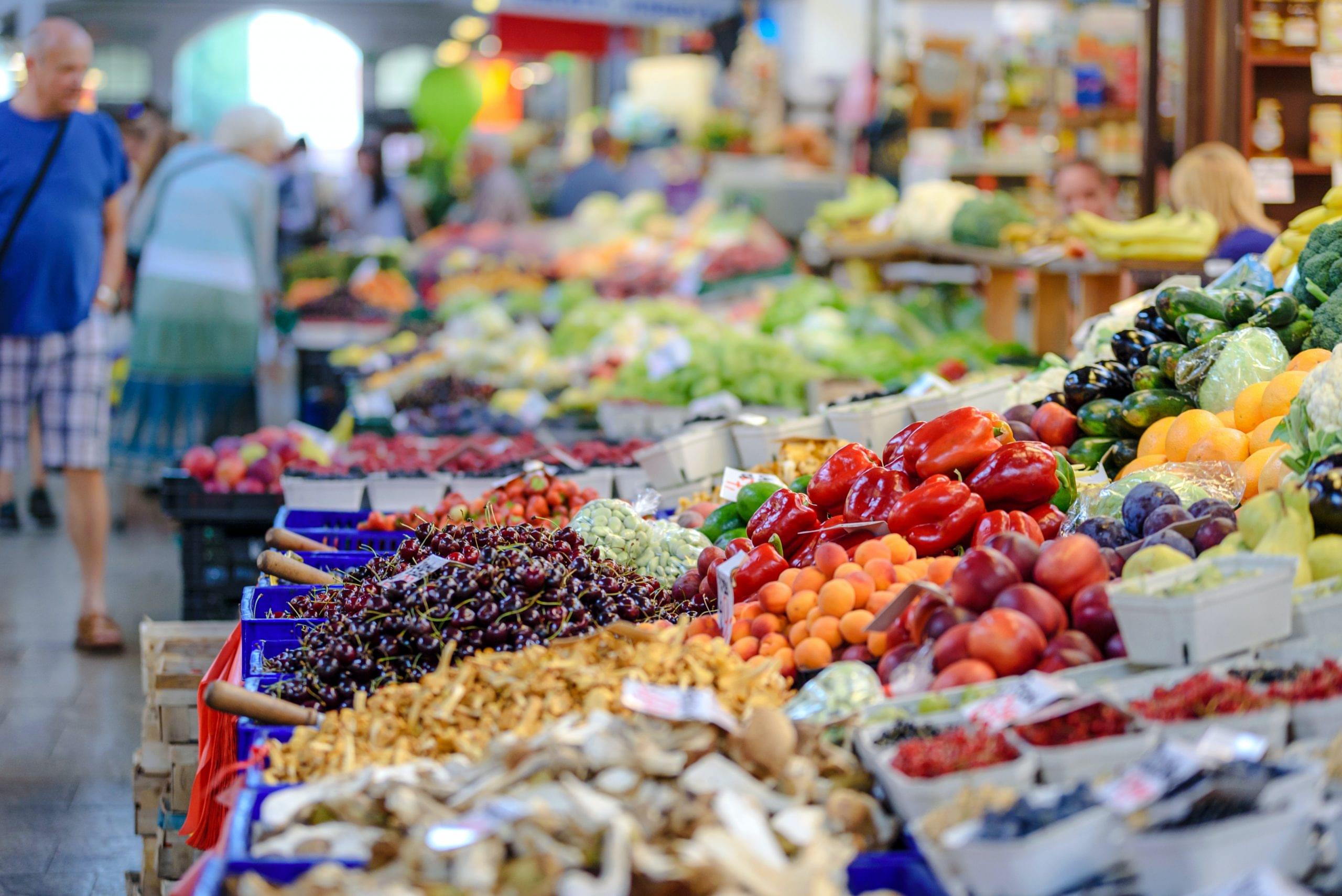How Is Britain’s Cost-Of-Living Crisis Affecting Consumer Behaviour?
As a cost-of-living squeeze on household incomes looks set to worsen in the United Kingdom, here are how consumers are adapting to the rising prices of everything from food to energy.

Volumes of meat, fish and poultry fell 9.4%, it said, while there was an 8.1% fall in household items and a 6.4% decline in packaged groceries
Nine out of 10 Britons say they are increasingly watching what they are spending as sales volumes at supermarkets fell 4.1% year-on-year in the four weeks to 16 July, according to market researcher NielsenIQ.
Volumes of meat, fish and poultry fell 9.4%, it said, while there was an 8.1% fall in household items and a 6.4% decline in packaged groceries.
Sainsbury’s last month reported a 4% drop in underlying quarterly sales.
“The pressure on household budgets will only intensify over the remainder of the year,” Simon Roberts, chief executive said.
Its rival Asda said in June that about two-fifths of its customers were buying less and swapping branded items for own-brand products where possible to save money.
The same trends were seen at market leader Tesco, which said Britons were buying less, switching to cheaper products and shopping more often.
The landscaping market is set for a slowdown, building materials supplier Travis Perkins predicted. The company had benefited from a surge in demand for home improvement tools as Britons worked on their homes and gardens during COVID-19 lockdowns.
“If you look at a category underperformance year-on-year, landscaping has been weaker,” Alan Williams, chief financial officer told investors after the company’s Toolstation business swung to a loss due to falling demand for DIY products.
Energy efficiency is a growing priority for prospective home buyers as energy bills are estimated to surge by 70% in October, according to Taylor Wimpey, the country’s third-biggest house-builder.
“The level of concern around energy costs in the last six months, the last sort of three or four months in particular, has increased the inquisitiveness and concern that customers have, and they are asking for more information around energy efficiency,” the company’s boss, Jennie Daly, told a post- earnings call.









